Britain & Ireland
The Tudors continue to fascinate and some of their story is told here along with the other dynasty of the period the Stuarts. Alongside those resources are the podcasts on the ideas that transformed British society during that period and created a United Kingdom for the first time. The industrial revolution is explored through poetry as well as technology. Religious collapse, change and diversity are all themes explored in this section. Read more
Sort by:
Date (Newest first) | Title A-Z
Show:
All |
Articles |
Podcasts |
Multipage Articles
-

Lord Rochester's Grand Tour 1661 - 1664
ArticleClick to view -

Mr Adams' Free Grammar School
ArticleClick to view -
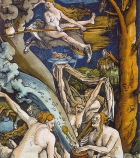
Occult and Witches
ArticleClick to view -
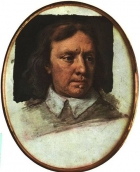
Oliver Cromwell 1658-1958
ArticleClick to view -
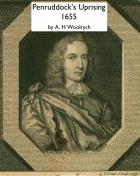
Penruddock's Rising 1655
ArticleClick to view -

Poetry of the Industrial Revolution in the West Midlands c.1730-1800
ArticleClick to view -

Popular revolt and the rise of early modern states
ArticleClick to view -
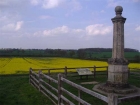
Presenting Naseby
ArticleClick to view -
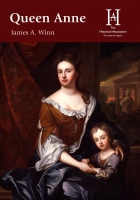
Queen Anne
ArticleClick to view -
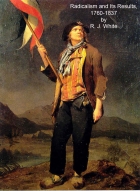
Radicalism and its Results, 1760-1837
ArticleClick to view -

Recycling the Monastic building: The Dissolution in Southern England
ArticleClick to view -
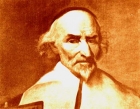
Regional Aspects of the Scottish Reformation
ArticleClick to view -
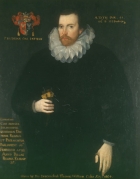
Reinventing the Charter: from Sir Edward Coke to 'freeborn John'
ArticleClick to view -
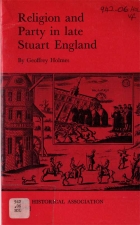
Religion and Party in Late Stuart England
ArticleClick to view -
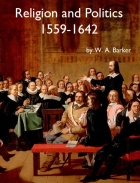
Religion and Politics 1559-1642
ArticleClick to view -

Religion and Science in the Eighteenth Century
ArticleClick to view -
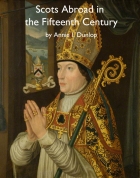
Scots Abroad in the Fifteenth Century
ArticleClick to view -
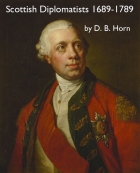
Scottish Diplomatists 1689-1789
ArticleClick to view -

Sir William Petty: Scientist, Economist, Inventor, 1623-1687
ArticleClick to view -
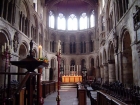
Smithfield's Bartholomew Fair
ArticleClick to view

